Coronavirus: Officer shortage means police may ignore crimes
Forces may call in the army if staff shortages spiral due to illness
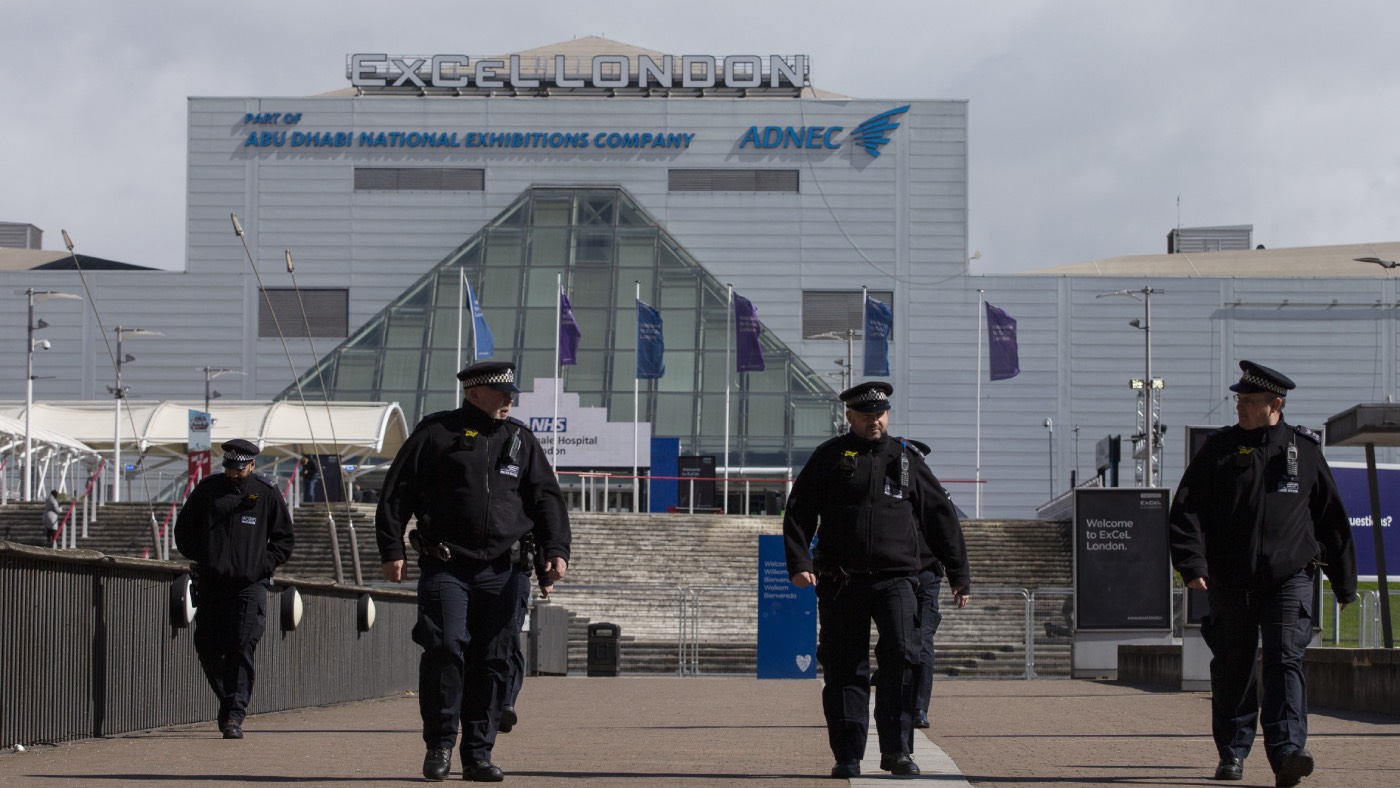
Police are to cut services and drop investigations as forces hit a range of “tipping points” due to the coronavirus pandemic.
Documents seen by The Times show a “graduated withdrawal of service plan”, in which officers will be redeployed to critical activities such as 999 calls and serious crime if forces reach “black status”; the most severe level of interruption to ordinary services.
Blue status signifies business as usual, green means there has been a “moderate, temporary impact” and amber indicates there has been a “moderate sustained impact” on services, the paper reports.
Subscribe to The Week
Escape your echo chamber. Get the facts behind the news, plus analysis from multiple perspectives.

Sign up for The Week's Free Newsletters
From our morning news briefing to a weekly Good News Newsletter, get the best of The Week delivered directly to your inbox.
From our morning news briefing to a weekly Good News Newsletter, get the best of The Week delivered directly to your inbox.
Red means there has been a “severe impact” and black means “critical impact” in which the situation has moved beyond the capacity of the police to deliver “essential” critical activities.
–––––––––––––––––––––––––––––––For a round-up of the most important stories from around the world - and a concise, refreshing and balanced take on the week’s news agenda - try The Week magazine. Get your first six issues for £6–––––––––––––––––––––––––––––––
A senior source told The Times: “If you get to black, the force basically can’t function. You will either have to call in the army or request aid from other police forces. It’s edge-of-the-cliff stuff. I fear we will reach black in certain parts of this country, which is unprecedented.
“It is possible arrests won’t be made. A suspect’s journey through the custody suite involves 12 different people. If a police force is on its knees they won’t be able to make those arrests.”
Earlier this month, The Sun reported that officers would be told to focus on serious incidents and “maintaining public order” amid projected officer shortages.
The prime minister also told a press conference in early March there were “long-established plans by which the police will, obviously, keep the public safe but they will prioritise those things that they have to do”.
“The army is of course always ready to back-fill as and when, but that is under the reasonable worst case scenario,” Boris Johnson added.
The Times understands that at least one regional force has already reached red status, in which most officers are redeployed to “immediate, priority incidents”.
With infection rates expected to soar among the police due to their wide interaction levels, sickness levels could rise to 20% or 30% next month. Sources told the paper that forces would then begin to withdraw from a number of activities, including responding to offences such as theft, affray and cannabis dealing.
With pubs and bars shut, fewer people on the streets and no need to monitor football matches or airports, forces have been given some “breathing space” with which to prepare for the challenges ahead, writes The Times’ crime and security editor, Fiona Hamilton.
Police were last week handed new powers, meaning they can issue a £60 fixed penalty to people found to be in breach of lockdown rules. The fine lowers to £30 if paid within 14 days. Second-time offenders will pay a £120 fixed penalty, doubling on each further repeat offence.
A free daily email with the biggest news stories of the day – and the best features from TheWeek.com
-
 How successful would Elon Musk's third party be?
How successful would Elon Musk's third party be?Today's Big Question Musk has vowed to start a third party after falling out with Trump
-
 Music reviews: Bruce Springsteen and Benson Boone
Music reviews: Bruce Springsteen and Benson BooneFeature "Tracks II: The Lost Albums" and "American Heart"
-
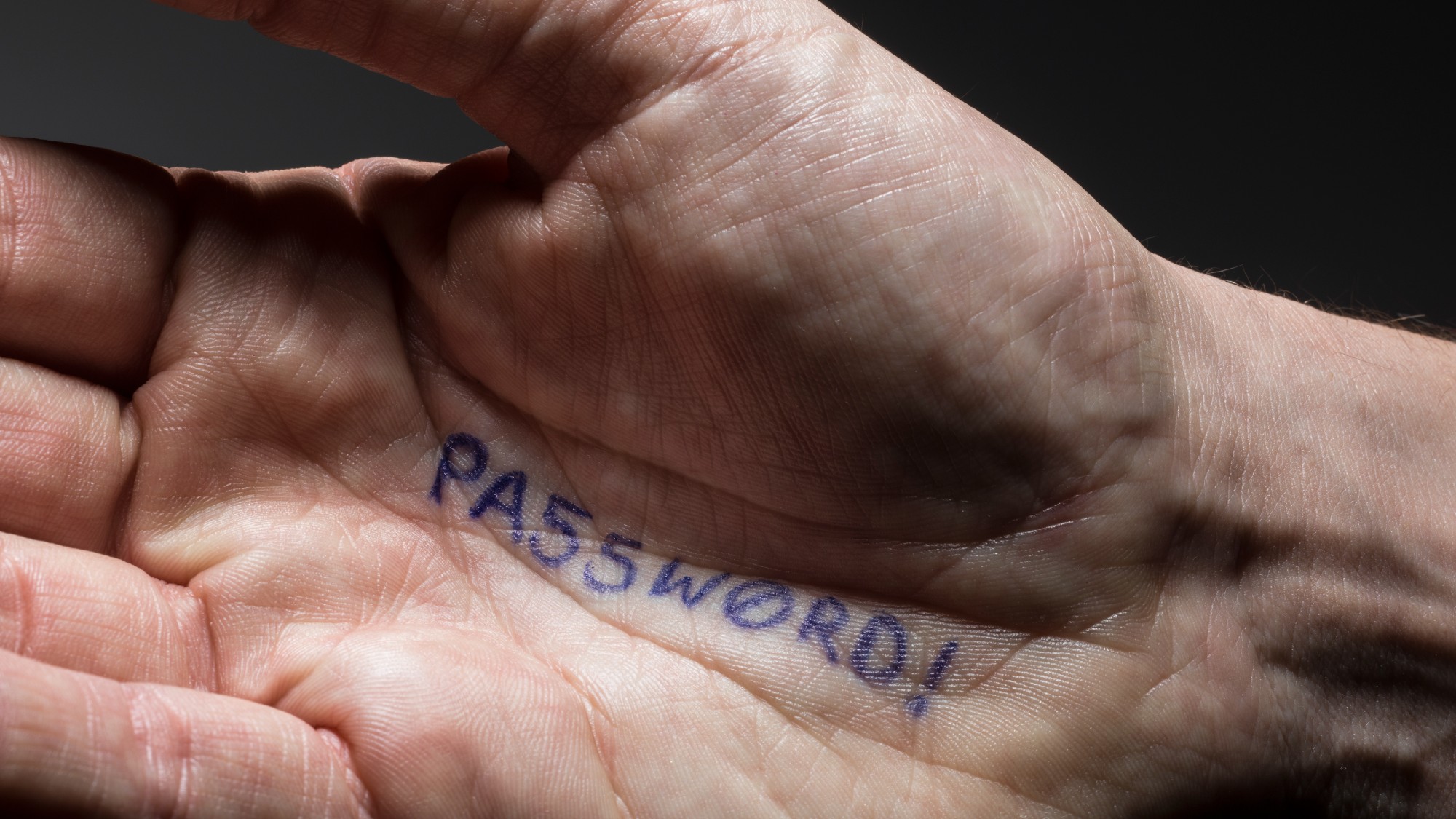 Why passkeys are the next frontier in digital security
Why passkeys are the next frontier in digital securityA disruptive new technology promises to put passwords to bed forever — but not yet
-
 Crime: Why murder rates are plummeting
Crime: Why murder rates are plummetingFeature Despite public fears, murder rates have dropped nationwide for the third year in a row
-
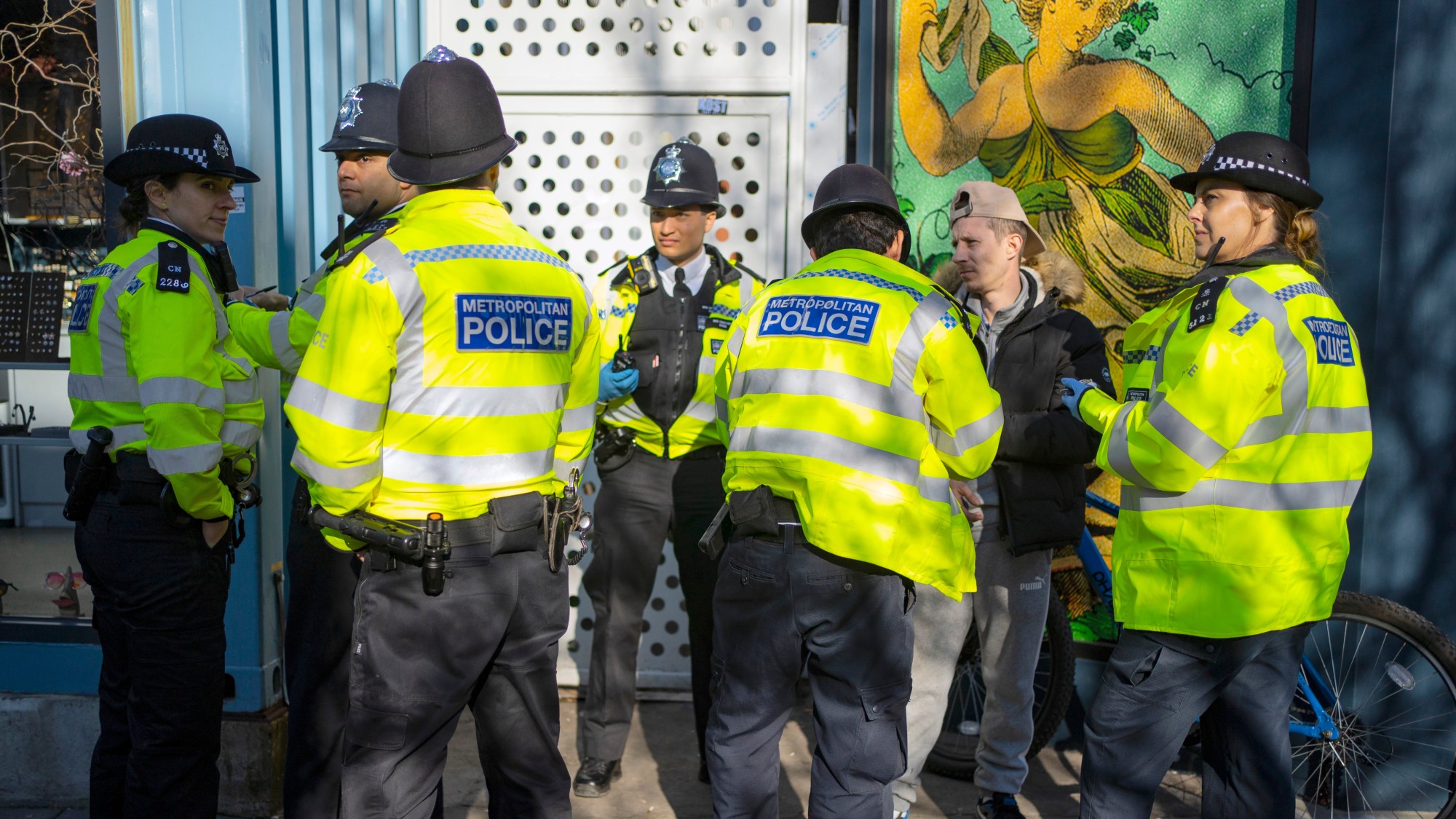 The Met police's stop and search overhaul
The Met police's stop and search overhaulThe Explainer More than 8,500 Londoners have helped put together a new charter for the controversial practice
-
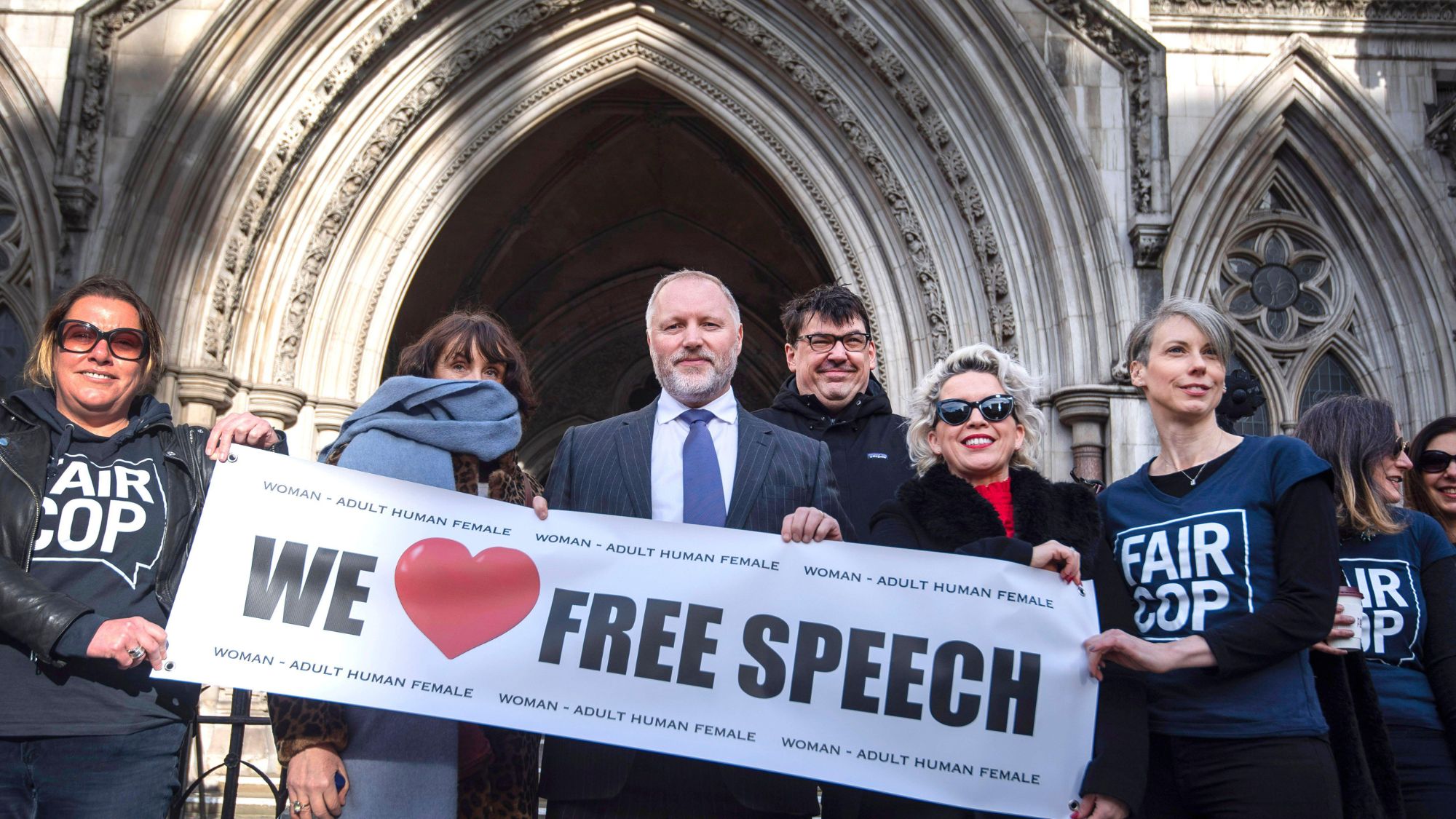 NCHIs: the controversy over non-crime hate incidents
NCHIs: the controversy over non-crime hate incidentsThe Explainer Is the policing of non-crime hate incidents an Orwellian outrage or an essential tool of modern law enforcement?
-
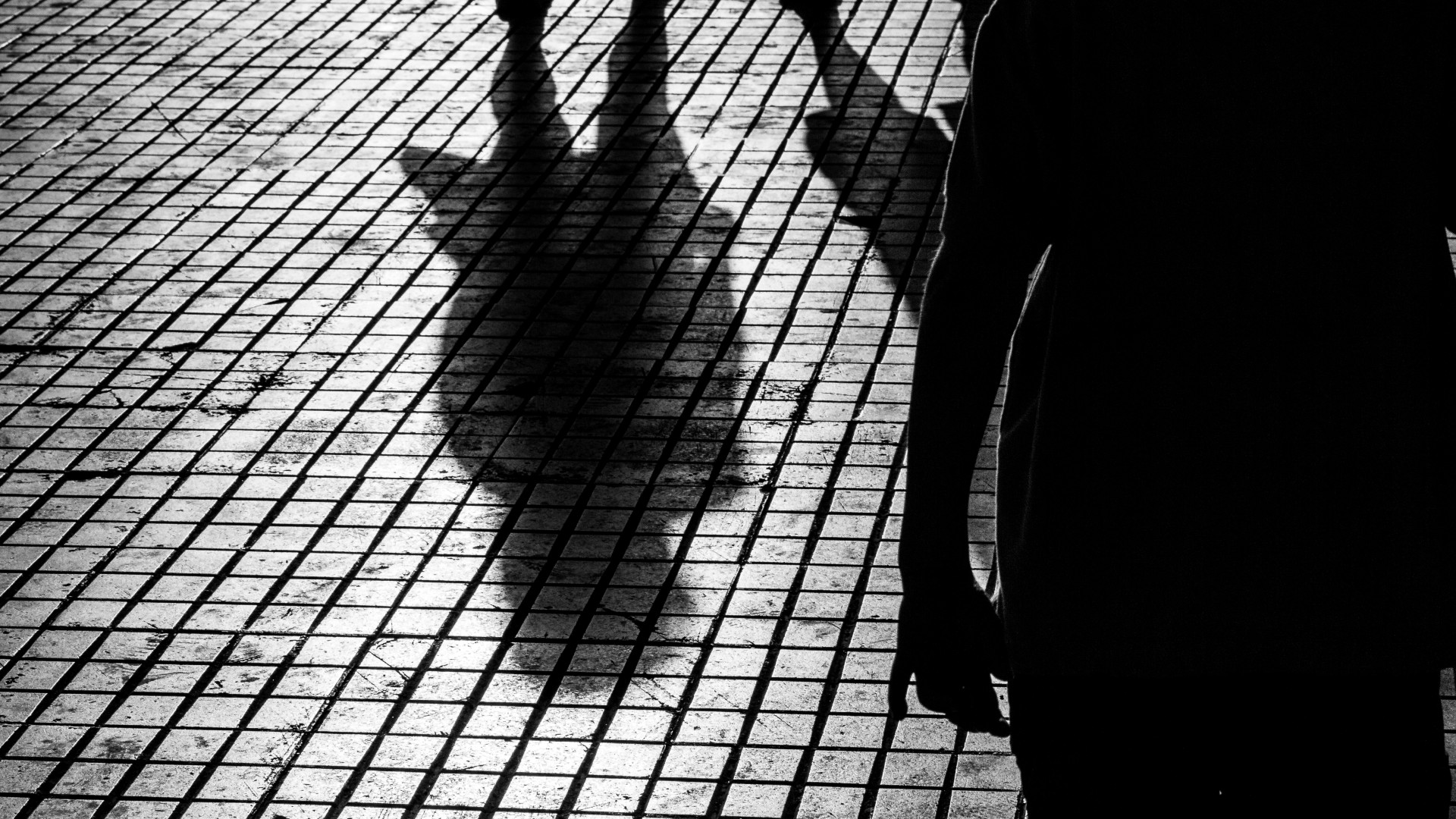 The new powers to stop stalking in the UK
The new powers to stop stalking in the UKThe Explainer Updated guidance could help protect more victims, but public is losing trust in police and battered criminal justice system
-
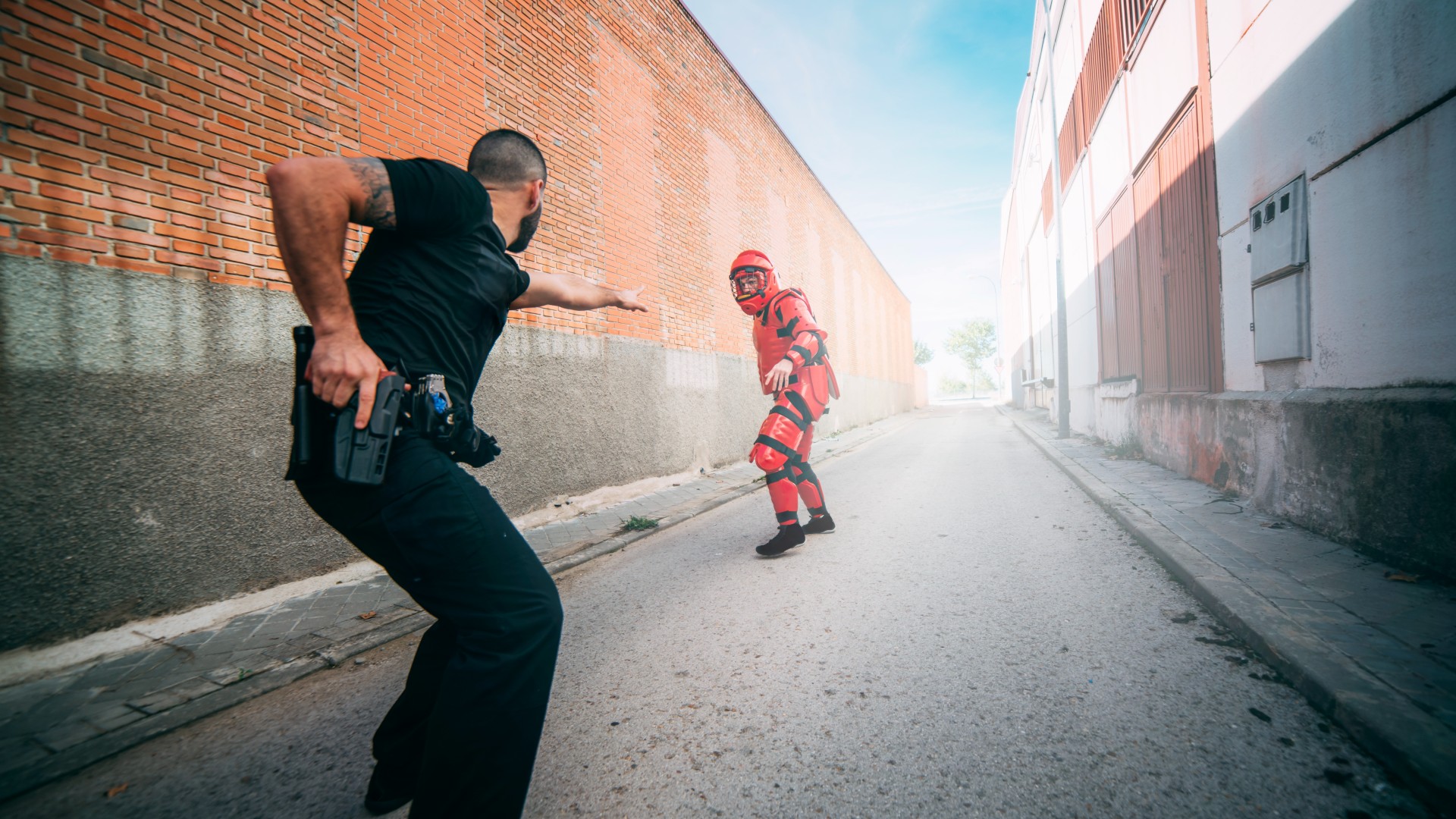 'Warriors' vs 'guardians': the pitfalls of police recruit training in the US
'Warriors' vs 'guardians': the pitfalls of police recruit training in the USIN DEPTH American police training fails to keep pace with the increasingly complex realities that today's officers face
-
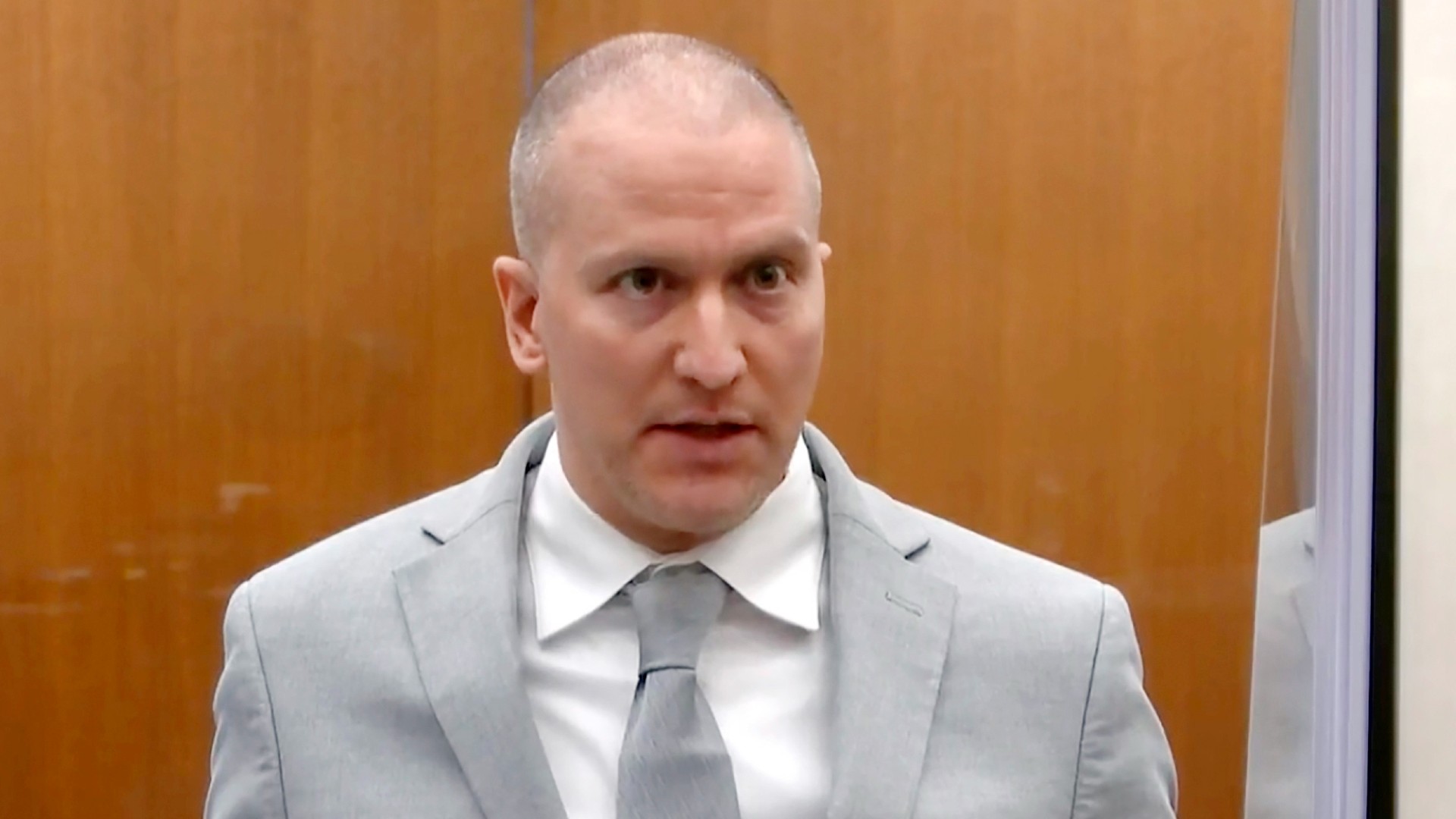 Derek Chauvin, killer of George Floyd, reportedly stabbed in prison
Derek Chauvin, killer of George Floyd, reportedly stabbed in prisonSpeed Read Chauvin was convicted of Floyd's murder in 2021
-
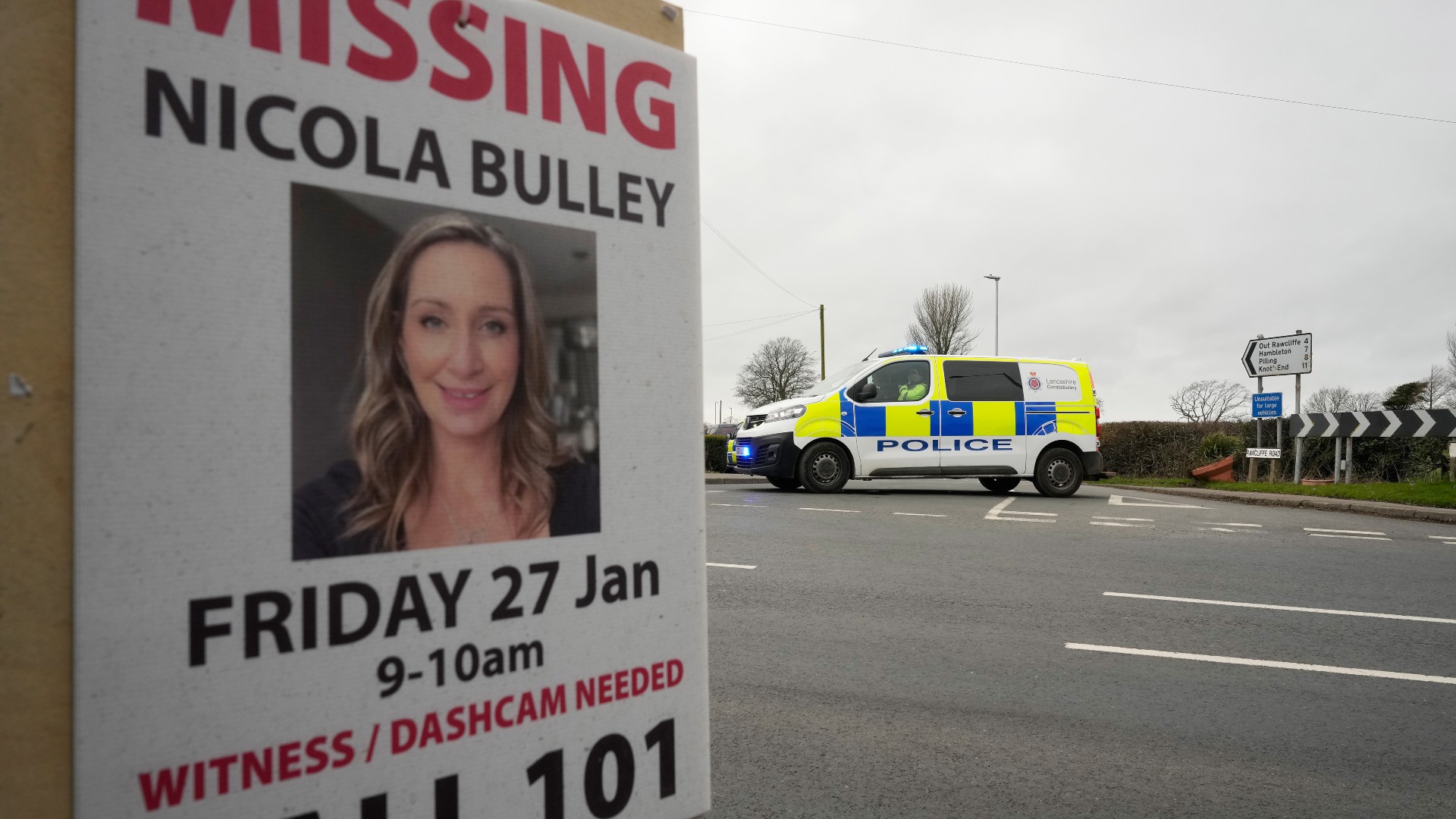 Nicola Bulley: police under fire for releasing personal information
Nicola Bulley: police under fire for releasing personal informationSpeed Read Disclosure was 'avoidable and unnecessary' and led to 'breakdown of public confidence', College of Policing finds
-
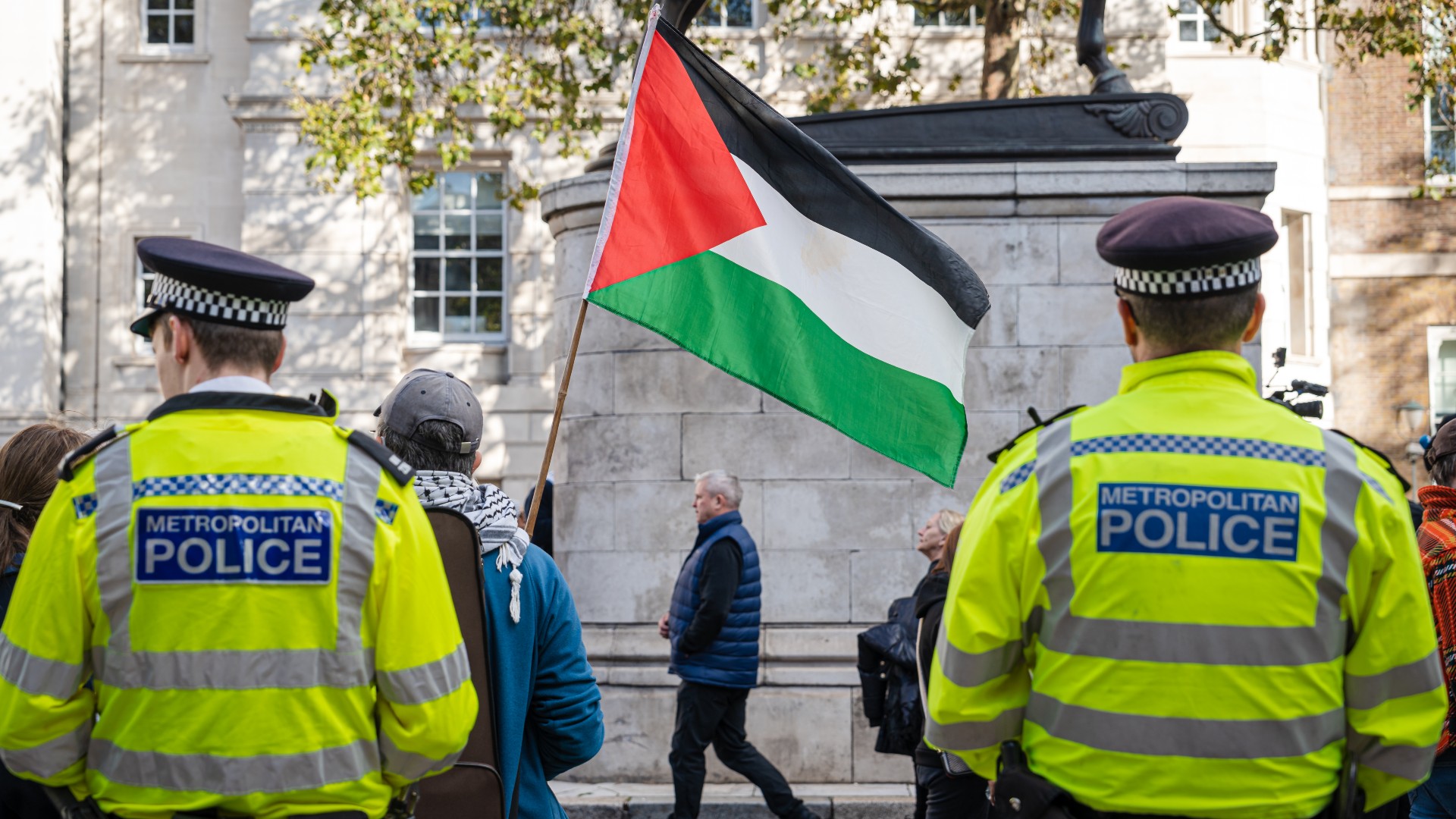 Protest politics: when should police intervene?
Protest politics: when should police intervene?Talking Point Calls for law change after shouts of 'jihad' on UK streets found not to be terrorism or public order offences